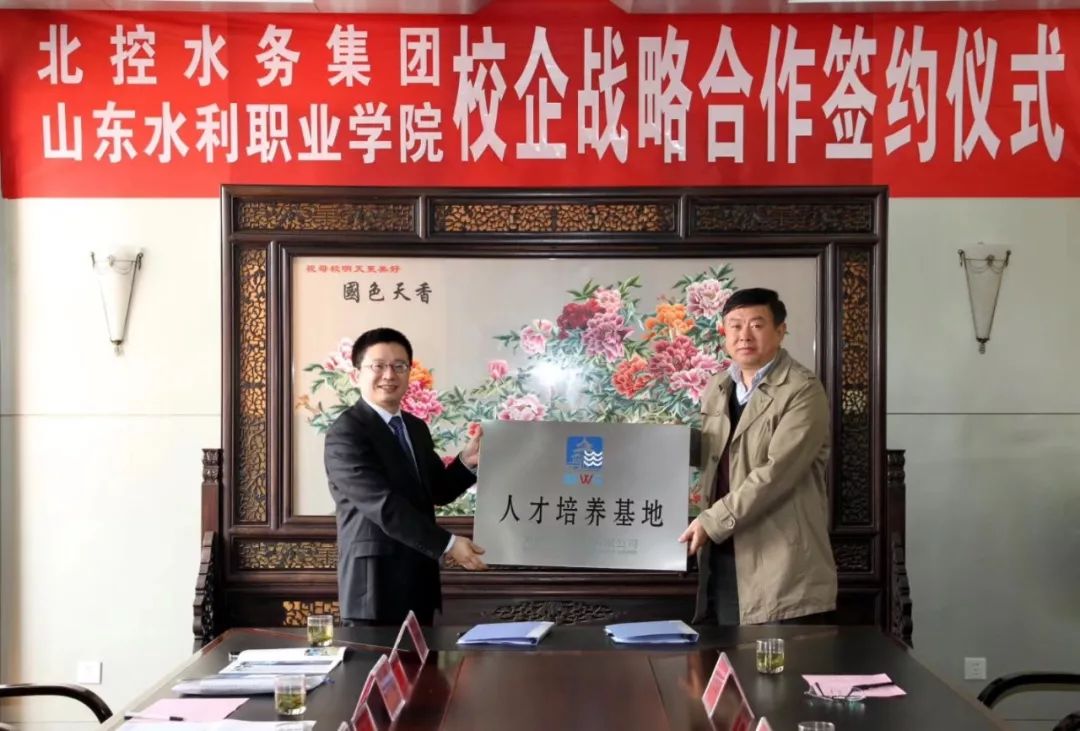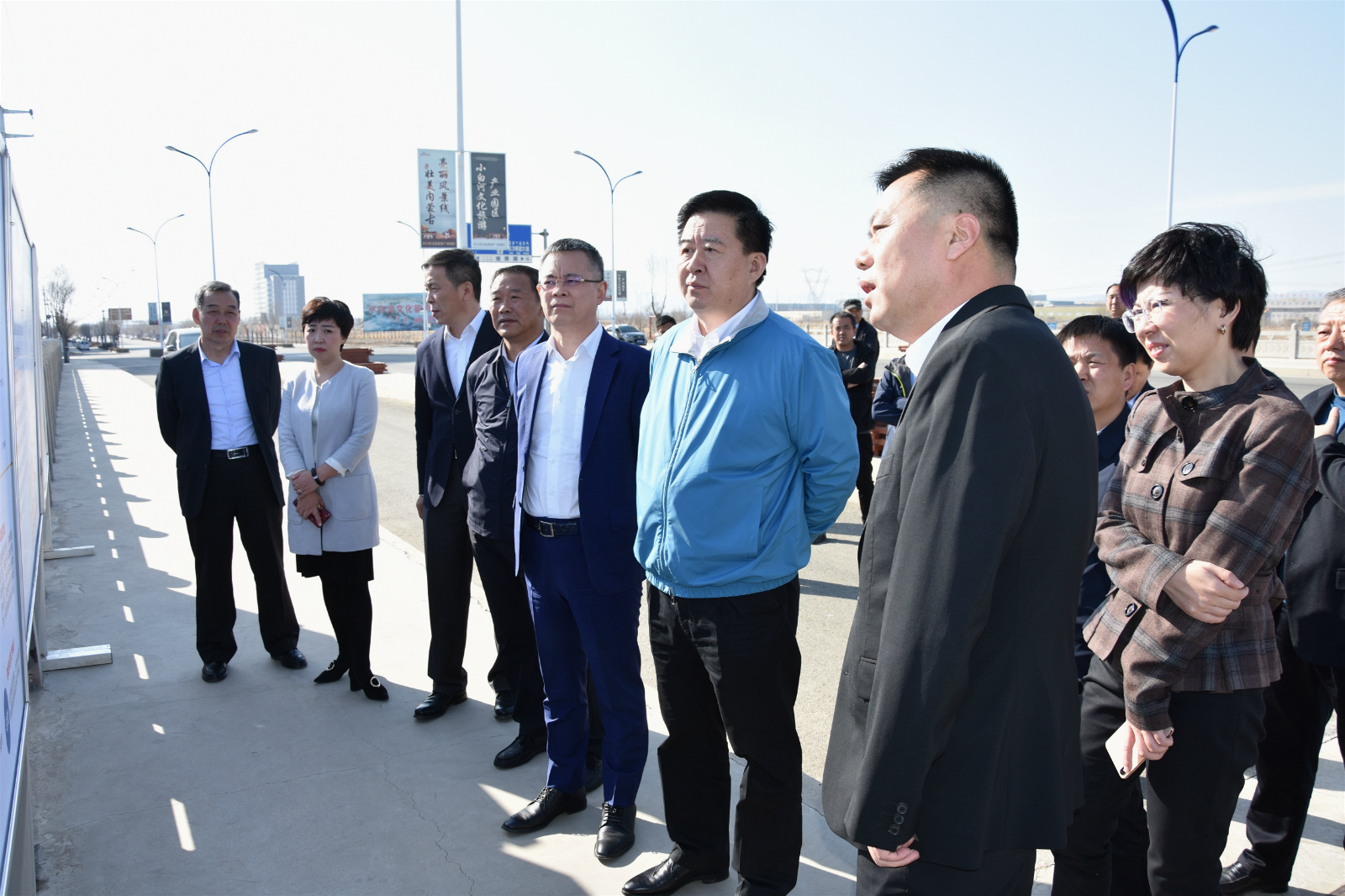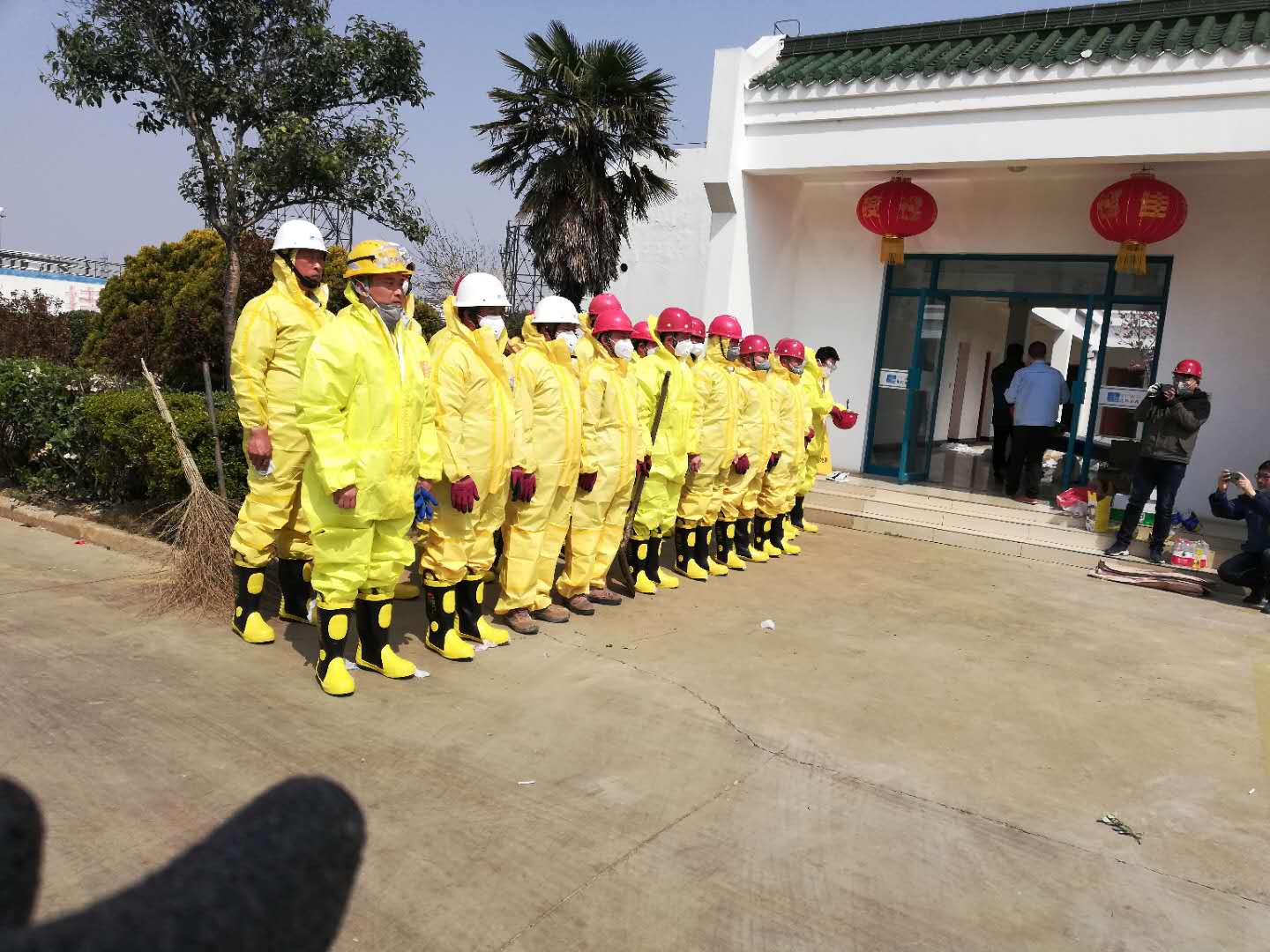Technology Leading, Innovation and Development! The First Plenary Meeting of the Technical Committee of BEWG in 2019 is Held 2019-04-24
In his speech with the theme of “Improvement in the Fundamentals of Science and Technology Development”, Li Li proposed seven metrics for the fundamentals of science and technology development of enterprises: first, it is the technical achievements represented by core technologies with independent intellectual property rights; second, it is the technical achievements represented by national standards, major scientific research projects, and scientific and technological awards; third, it is the technical capabilities of R&D and introduction, technology business, quality and efficiency improvement, standard construction, and intelligence as the main line; fourth, it is the technology platform represented by national engineering centers and laboratories; fifth, it is a technical team with technical leaders and a reasonable scale and structure; sixth, it is the technology investment that matches the level of revenue and industry status; seventh, it is the scientific and technological contributions reflected in high-level services, benchmark projects, revenue share, technology premiums, etc. These seven metrics point out the direction for the development of the Group’s technology system.
In the work report of the Technical Committee, Hang Shijun reviewed and put forward a work plan for 2019 from the six aspects of improving the organization and construction, strengthening scientific and technological guidance, supporting the construction of high-quality projects, serving the first line of production, standardizing the review system, and assisting in personnel training based on analyzing the requirements of the Group’s strategic objectives for the technology system. The four specialized committees of operation management, sanitation solid waste and hazardous waste, village and town sewage treatment, and water environment also reported their work.
Yang Xiangping, Director of the Drainage Committee of China Urban Water Association, was invited to give a special report on the development status of China’s drainage industry. Yang Xiangping pointed out that China’s drainage industry has developed to a higher level, but there is still much room for improvement; innovation should focus on starting from actual production and the optimization of design, operation, management, system, etc.; drainage pipelines and village sewage are two important directions for technological innovation of the industry, which may generate new technological and economic growth points; technical talents must be cultivated in a targeted, directed and patient manner, and attention should be paid to investigation and exchange and creation of leaders.
Yu Liguo made a detailed explanation on the innovation strategy and its implementation strategy proposed BEWG. He sorted out the logical connotation of the Group’s strategic system from five aspects including development history, structural system, two major characteristics, three contents, and five principles; discussed the realization methods of the innovation strategy from five dimensions including planning, talents, resources, system and mechanism, and culture. Meanwhile, he introduced the construction of such landing platforms as China Eco-Environmental Production and Education Alliance, “Internet +” Innovation and Entrepreneurship Competition, BEWG College, and the Training Class for Senior Managers of China’s Environmental Industry, etc.
Mao Jianhua, Technical Director of Water Environment, made a report on the Group’s science and technology development outline and short-term action plan. He reviewed the progress and problems in the implementation of the outline of the science and technology development plan in the past three years, and provided detailed suggestions from six aspects including science and technology development situation and needs, guiding ideology and working principles, planning goals, short-term and long-term main tasks, key actions, and safeguard measures under the strategy of the Group. Xu Junyi made a report on sewage and sludge treatment in various districts and the operating procedures of the professional committees.
In-depth discussion was made at the meeting by focusing on the three topics of “Compilation of the Outline of Science and Technology Development Plan”, “Special Research on Key Projects of the Group” and “Scientific and Technological Innovation”. Academician Peng Yongzhen believed that high-end technology development and traditional application research should be equally emphasized, and BEWG should become the vanguard in solving the industry’s tough problems. Researcher Liu Yongding from the Institute of Hydrobiology, Chinese Academy of Sciences suggested thinking about the development issues from a larger scale and deeper level. Professor He Qiang from Chongqing University suggested increasing investment in scientific research and setting up R&D projects based on the actual situation of the front-line. Professor Chen Hesheng, a professor-level senior engineer from the Taihu Basin Authority of Ministry of Water Resources, put forward suggestions on cooperation with the China Three Gorges Corporation, sewage treatment in villages and towns, and integration of plants, networks and rivers. Chief Engineer Zheng Xingcan from the North China Municipal Engineering Design & Research Institute Co., Ltd. believed that the highest level of innovation is application improvement, which should focus on accumulation from quantitative change to qualitative change. Professor Shi Hanchang from Tsinghua University shared his thoughts on the automation and intelligence of sewage treatment. Professor Nie Yongfeng from Tsinghua University believed that a comprehensive pollution control plan is needed to solve the water environmental problems, and attention should be paid to the wastes generated in the water treatment process. Professor Dai Xiaohu of Tongji University believed that strengthening and optimizing operation can be the focus of scientific and technological development planning, and discussed the misunderstandings in the field of sludge. Professor Hu Hongying from Tsinghua University discussed such issues as system optimization design, standard system top-level design, etc. Yang Xiangping, Director of the Drainage Committee of China Urban Water Association, specifically analyzed the hot spots, warm spots and cold spots of technological innovation in the water industry.
In his concluding speech, Yang Guang pointed out that both high-end technology research and practical technology development are required by scientific and technological innovation to form integrated innovative applications by making use the comprehensive advantages of the Group. We should promote scientific and technological innovation from strengthening R&D investment, breaking through departmental barriers, providing innovative soil, etc. to support business development. We should pay attention to the refinement and sublimation of technical experience, solidify them in a standardized and normalized manner, and contribute wisdom to the Group and the industry. Talents are the fundamental factor of scientific and technological innovation, we must have enough strategic patience and investment to cultivate leading figures.
On April 21, all the internal members of the Technical Committee held a preparatory meeting to conduct in-depth discussions on the “Outline of Science and Technology Development Plan”, “Regional Investigation”, “Technical Research & Development and Scientific and Technological Innovation”, etc. of the Group.
At this meeting, in-depth discussions were made and fruitful results were achieved. The Technical Committee and the technology system will continue to work hard to play a greater role in solving practical problems and expanding market space, helping the Group to deepen environmental protection and create a new future for China’s water environment industry.
More
-

BEWG Works with Colleges and Universities to Promote the Landing of China’s First Smart Water Profession
-

Li Yongcheng, Chairman of the Board of Directors of BEWG and his delegation Visits the Leaders of Baotou Municipal Party Committee and Government
-

【On-the-spot report of BEWG’s Disposal of Polluted Water Bodies in Xiangshui County】 Production Resumed in 1 Day, and A Total of Nearly 20,000 Tons of Polluted Water Has Been Treated







